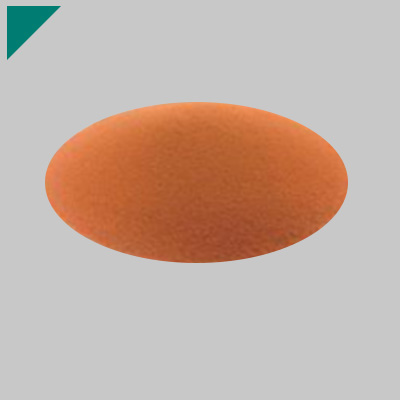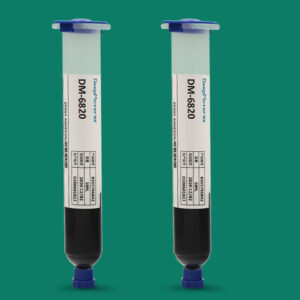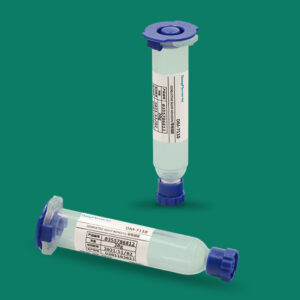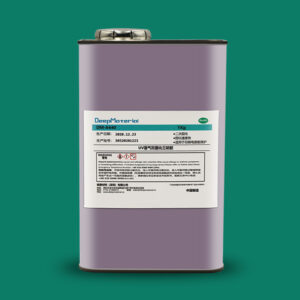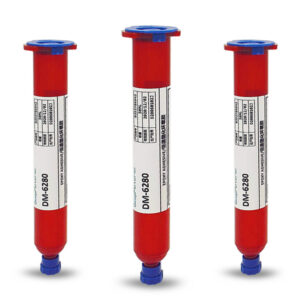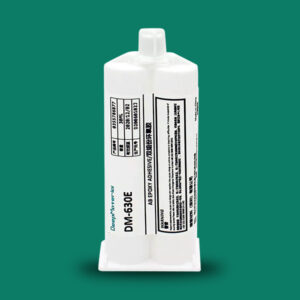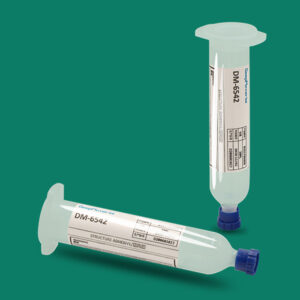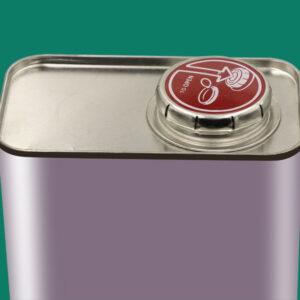What Is Acrylic Conformal Coating?
What Is Acrylic Conformal Coating?
Acrylic conformal coating is a type of finish that can be applied to various surfaces. Acrylic conformal coatings are often used in the electronics and medical industries and in other industrial settings where protection from chemicals or water is needed. This article will explore precisely what acrylic conformal coatings are, their use, and how they’re applied.
What is the acrylic conformal coating?
Acrylic conformal coating is a type of coating that is typically used in the electronics industry to protect circuit boards and other electronic components from damage. The coating is applied to the element’s surface and cured with UV light. Acrylic conformal coatings are typically clear or amber in colour.
There are several benefits to using an acrylic conformal coating on circuit boards and other electronics:
1. The coating helps to protect the components from damage caused by moisture, chemicals, or other environmental factors.
2. The coating can help to prevent electrical shorts by insulating the element from contact with other conductive materials.
3. The coating can improve the reliability of the electronic component by providing a barrier against dust and other contaminants.
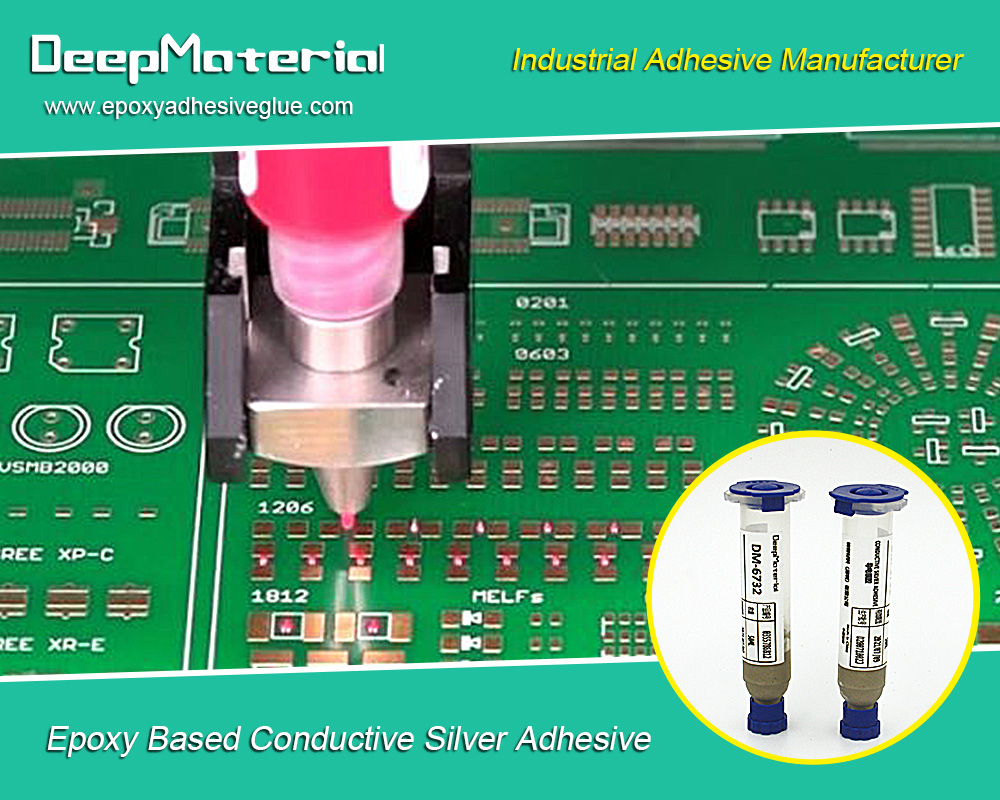
Types of Acrylic Conformal Coating
Acrylic conformal coating is a type of coating that is typically used to protect electronic circuits from environmental factors such as moisture, dust, and chemicals. It is also used to improve the reliability of electrical connections by providing a barrier against corrosion. There are two main types of acrylic conformal coatings:
1. Solvent-based acrylics: This type of acrylic conformal coating is applied using a solvent such as methylene chloride. The advantage of solvent-based acrylics is that they can provide a very thin coating that can be evenly applied to complex shapes. However, using solvents can be dangerous and lead to health problems if not adequately ventilated.
2. UV-cure acrylics: This type of acrylic conformal coating is cured using ultraviolet light instead of a solvent. UV-cure acrylics are more expensive than solvent-based acrylics, but they are safer and do not require ventilation.
3. Water-based acrylics: This type of acrylic conformal coating is applied using water instead of a solvent. Water-based acrylics are the safest to use, but they can be more difficult to apply evenly to complex shapes.
Benefits of Acrylic Conformal Coating
Acrylic conformal coating provides many benefits for circuit boards and other electronic devices. It helps to protect against moisture, chemicals, and temperature extremes. It can also improve the reliability of connections and prevent shorts.
Conformal coatings can also be used to protect against shock and vibration. They can help to reduce electromagnetic interference (EMI). And they can improve the appearance of a device by providing a smooth, even surface.
Acrylic conformal coatings are available in both water-based and solvent-based formulations. Water-based formulations are typically less toxic and more accessible to remove than solvent-based formulations. Solvent-based formulations may provide better protection against certain chemicals and temperature extremes.
Conformal coatings are typically applied using a brush, dip, or spray method. They can also be applied using an automated process.
Which Is The Best Conformal Coating?
The best conformal coating for your needs depends on the type of circuit board or electronic device you are coating, the environment in which it will be used, and your preferences.
Water-based acrylic conformal coatings are typically less toxic and more accessible to remove than solvent-based formulations. They can provide reasonable protection against moisture, chemicals, and temperature extremes.
Solvent-based acrylic conformal coatings may provide better protection against certain chemicals and temperature extremes. They can be more challenging to remove, however.
How to Apply a Coat of Acrylic Conformal Coating
Acrylic conformal coating is famous for protecting electronic circuits from harsh environments. It is a thin, clear coating that conforms to the shape of the circuit, providing a physical barrier against moisture, dust, and other contaminants. Acrylic conformal coating can be applied by brush, spray, or dipping.
The most important step in applying the acrylic conformal coating is ensuring that the surface is clean and free of contaminants. The surface should be cleaned with a solvent such as an isopropyl alcohol before application. Once the surface is clean, the conformal coating can be applied using a brush, sprayer, or dipped.
Brush: When applying with a brush, it is important to use a soft brush to avoid damaging the circuitry. The coat should be applied evenly and smoothly.
Sprayer: When using a sprayer, holding the nozzle close to the surface is important to avoid creating runs or sagging. The coat should be applied evenly and smoothly.
Dipped: When dipping, it is essential to lower the circuit slowly into the coating material. The circuit should be completely submerged and soaked for the recommended time before being removed.
Once the conformal coating has been applied, it should be allowed to dry for the recommended time. The drying time will vary depending on the type of conformal coating used. Once dry, the circuit can be reinstalled into the device.
Alternative Methods for Rust Protection
A few alternative methods can be used for rust protection in lieu of acrylic conformal coating. One approach is to use a rust converter. This chemical is applied to the surface of the metal to convert the rust into a protective layer. Another alternative is to use a primer that has rust-inhibiting properties. This will provide a barrier between the metal and the environment and prevent rust from forming.
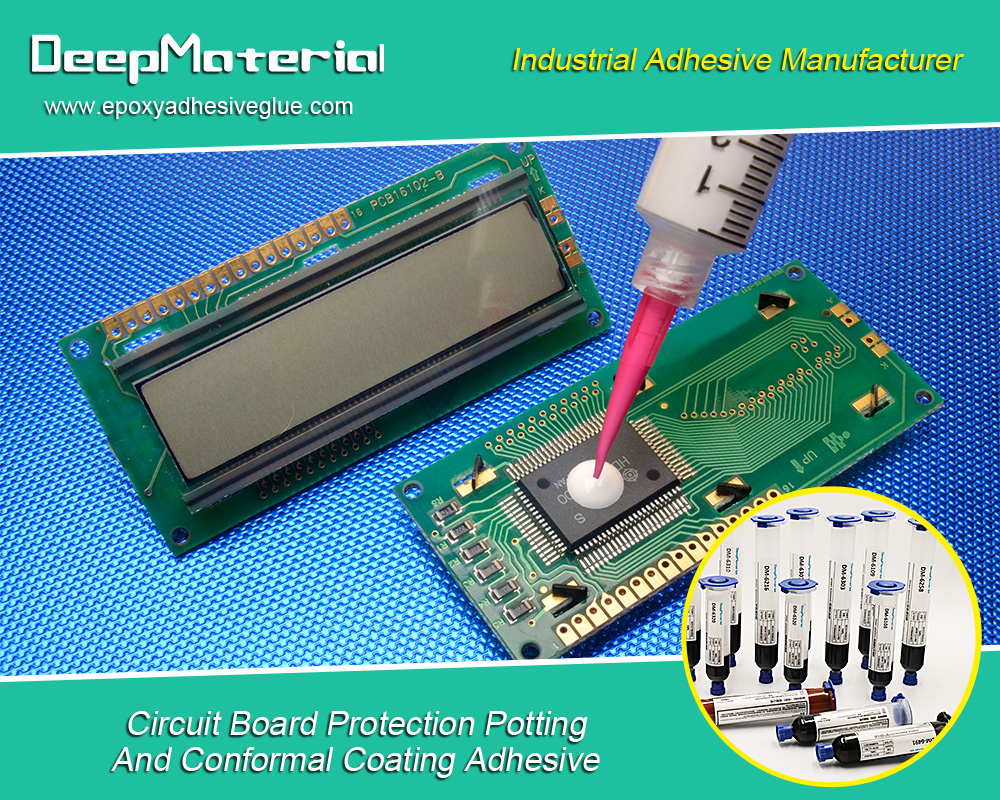
Acrylic conformal coating is the most effective means of rust protection available. It is a durable coating that will not chip or flake and will protect the metal from corrosion. It can be applied to any metal, including aluminium, stainless steel, and galvanized steel. It can also be used on painted surfaces.
For more about acrylic conformal coating,you can pay a visit to DeepMaterial at https://www.epoxyadhesiveglue.com/acrylic-vs-silicone-conformal-coating-which-conformal-coatings-is-right-for-you/ for more info.



